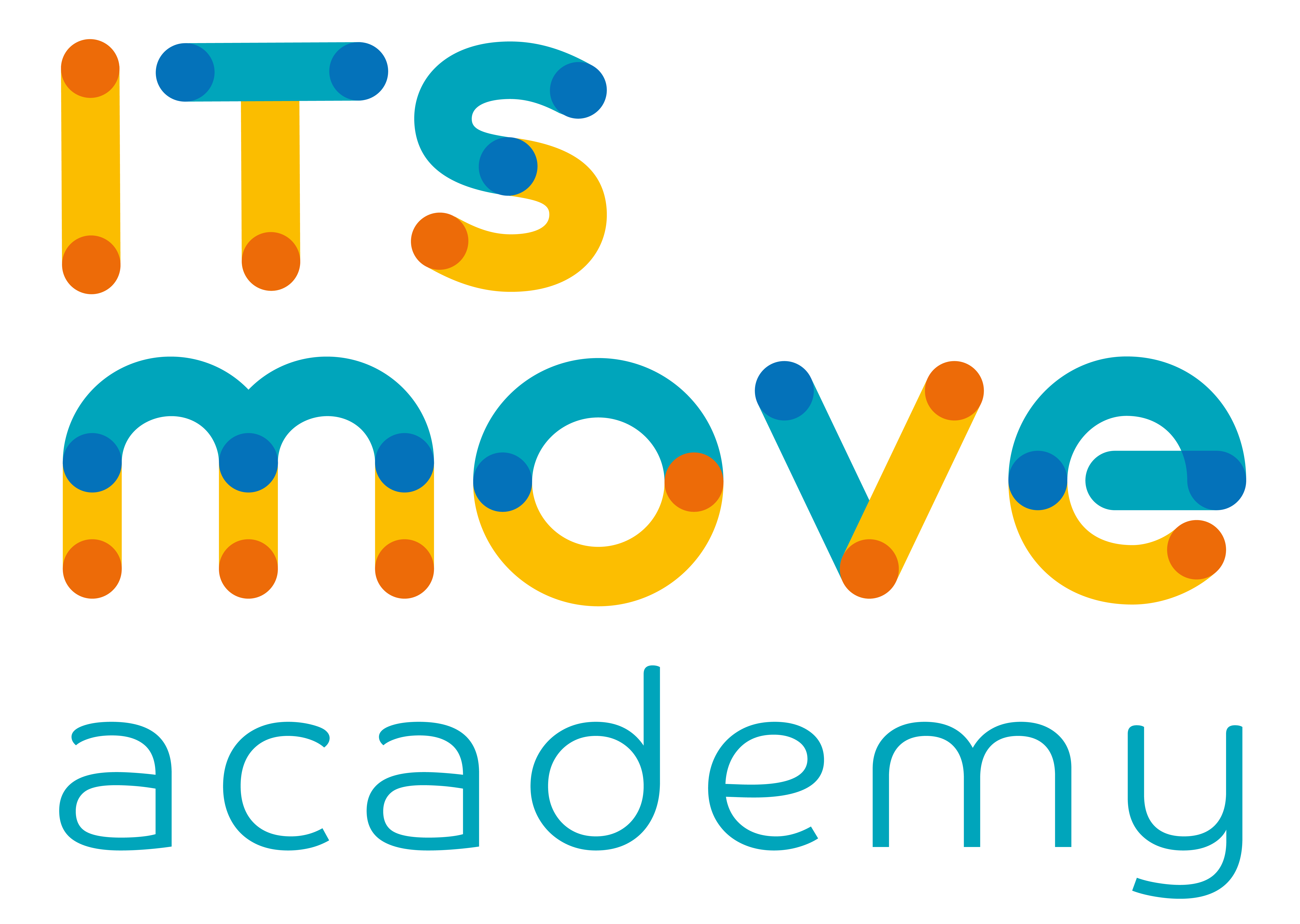In the era of Industry 4.0, investing in post-diploma training is a strategic choice for those who want to quickly access the world of work. Among the most concrete and targeted options are the courses offered by the ITS (Instituti Tecnologici Superiori)vocational pathways that prepare people required by companies in key sectors of the economy.
ITS are high-tech post-diploma schools created to bridge the gap between education and the labour market. They offer two- or three-year courses in which industry professionals combine theory and practice, accompanied by a long period of internships in leading companies in the area. The added value of an ITS is precisely the direct link with companies, as well as the design of courses based on real professional needs.
The sectors most involved in this training are sustainable mobility, energy and environment, but also manufacturing, mechatronics, business services, tourism, software design and communication technologies. L'ITS Move Academyfor instance, offers a wide range of courses aimed at training specialised professionals ready to enter advanced technical roles, with a strong focus on digital, organisational and commercial skills.
Jobs after ITS: the main vocational outlets
One of the most frequently asked questions among graduates is: What prospects does work offer after ITS? In this case, the data speak for themselves. According to the latest national monitoring by Indirealso communicated by the Ministry of Education, one year after graduation about the84% of the graduates find jobs, often in sectors consistent with the pathway taken.
The ITS world offers a wide variety of employment opportunities. The outlets vary depending on the field of study, but there are transversal roles that are increasingly in demand. Here are some of the main professional figures trained by ITS:
- Logistics and transport technician: manages the planning and organisation of flows of goods and people, particularly in the field of sustainable mobility. He is a central figure for transport, shipping and supply chain companies;
- Digital marketing specialistincreasingly in demand in trade and services, this profile combines skills in communication, e-commerce and data analysis to promote products and services online;
- Industrial automation technicianIn an increasingly smart factory environment, this figure works with automated plants, control software and robotic systems, and is sought after in manufacturing companies;
- Administrative commercial operatoris a key profile for the management of orders, invoicing, import-export practices and customer support. He is often trained within courses such as the ITS Move Academy dedicated to the commercial sector;
- Energy and Sustainability TechnicianIt contributes to the efficient management of energy resources and the implementation of green solutions in companies and territories.
ITS graduates acquire a technical-specialist profile that is strongly geared to local and national production needs. One of the distinctive features of ITS compared to other training courses is the compulsory presence of company internships, which occupy about 30% of the training course. This experience allows students to put into practice what they have learnt, get to know the real working environment and make useful contacts for the future. Many students receive job offers during or at the end of their internship, or are recommended within the network of partner companies.
Today's labour market requires a continuous ability to keep up to date, and ITSs also provide tools to pursue specialisation courses, such as IFTSs (Higher Technical Education and Training courses), or certifications. Choosing to undertake a training pathway within an ITS Higher Technological Institute is a concrete step towards building one's career with professionalising courses, in-company experience and a strong practical orientation.

Author of the article
ITS MOVE - Editor



